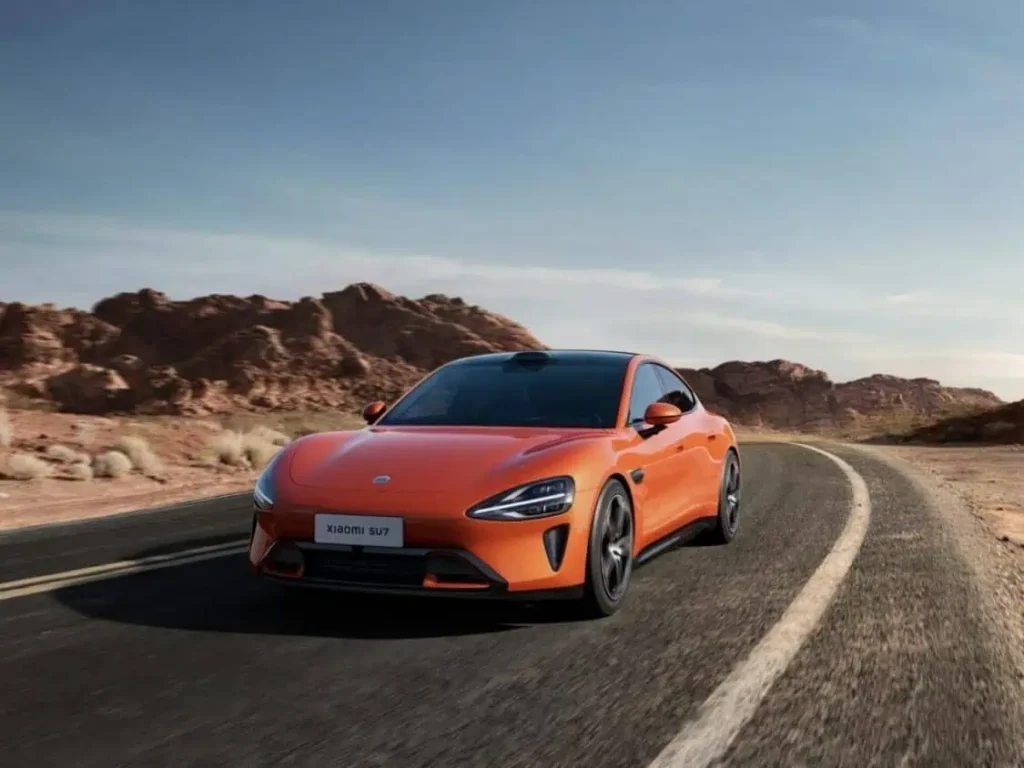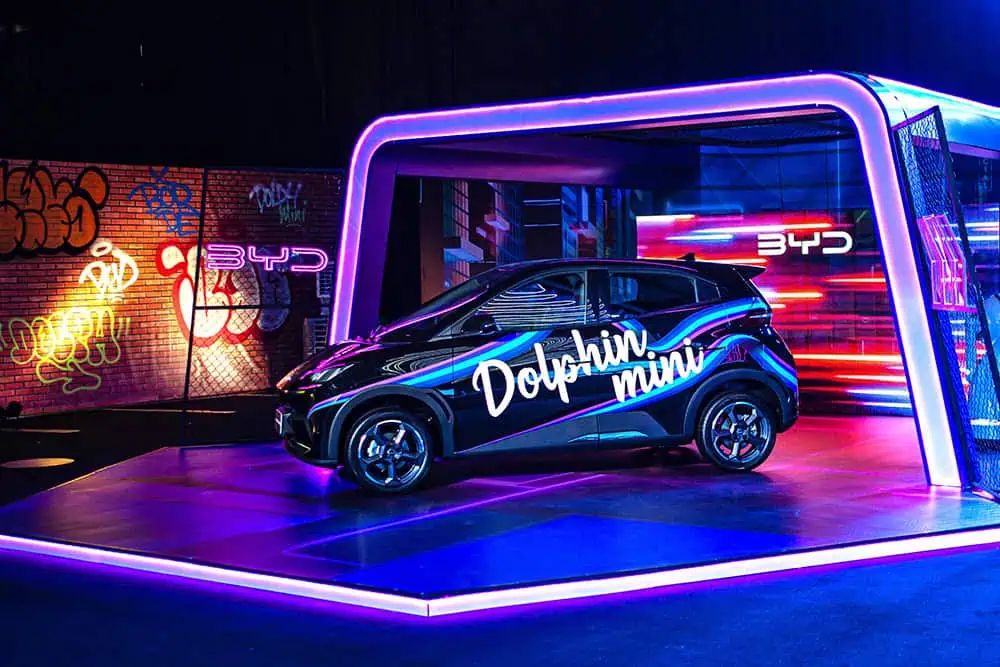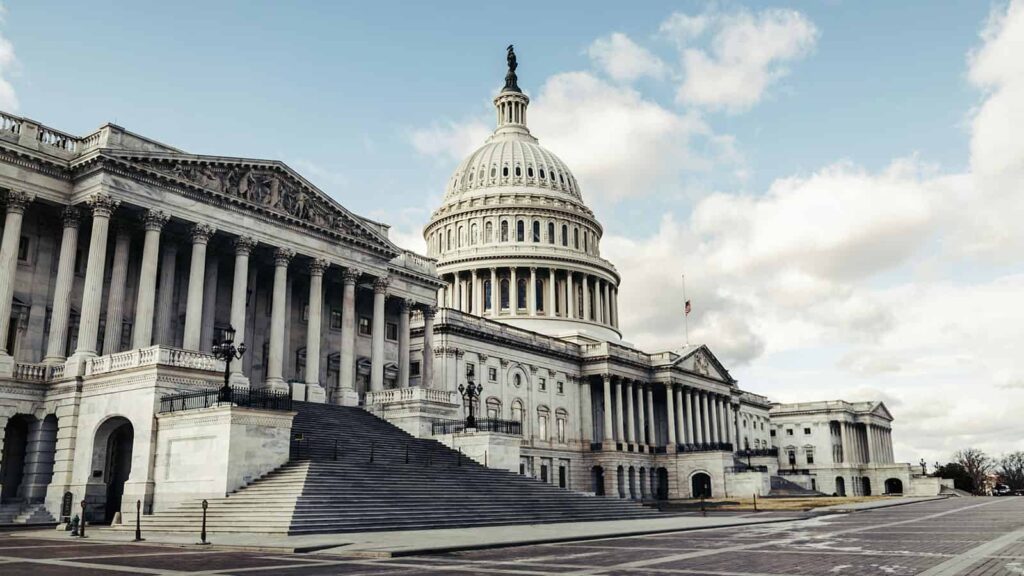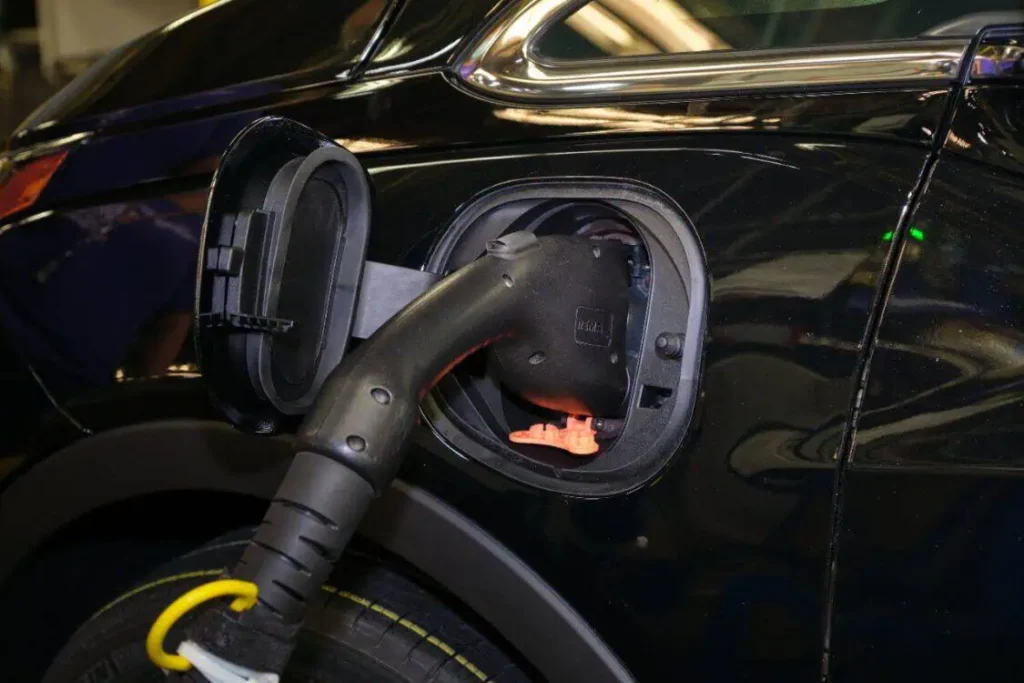New Bill May Step Up Barriers on Chinese Electric Cars; Mexico Halting Chinese Incentives
In 2024, America’s global laggard status in EV adoption is becoming a major political problem. Its EV production is years behind China in volume and innovation. Trade barriers preventing most Chinese electric cars from entering the U.S. remain in place.
China is listed as a Foreign Entity of Concern (FEOC), mostly preventing Chinese electric cars from benefiting from EV sales in America that include the federal EV tax credit of up to $7,500. A new bill may tighten the federal EV tax credit Foreign Entity of Concern (FEOC) rules. Because of FEOC status, only a few EVs are currently eligible for the credit.

How Did We Get Here?
In 2008, BMW released its first production EV, the MINI E, while America continued its enjoyment of and obsession with large, gas-guzzling internal combustion engine (ICE) trucks and SUVs. In the years that followed, America remained largely asleep, while China’s BYD and the rest of the world quickly moved from ICE to hybrids and battery electric vehicles.
China is the current global EV industry leader. China’s projected 2023 EV adoption of 50%, reported by ABI Research, is important as it is the world’s second-most populated country as of 2023, with its world population share of 17.72% closely following India’s lead at 17.76, according to Worldometer. China’s share, as a much larger automotive market, is far ahead of America’s 4.23%.

In 2008, Warren Buffett’s Berkshire Hathaway invested in leading Chinese company BYD on a hunch that the startup could become a world EV leader. BYD has now gained that crown as of 2023. BYD wrapped up 2023 with record-breaking sales volume, surpassing the 3 million annual sales target and becoming the global new energy vehicle sales champion for the second year.
BYD Auto, founded in 2003, started producing its first plug-in hybrid electric vehicle, the BYD F3DM, in 2008. This was followed by BYD’s first production battery electric vehicle, the BYD e6, in 2009. In 2022, BYD ended production of internal combustion engine cars to focus only on new energy vehicles.
Before 2020, BYD relied on Chinese government subsidies to create profit in selling plug-in hybrid and battery electric vehicles. Throughout 2016, the company recouped about $1 billion in new energy vehicle subsidies toward many of the nearly 100,000 new energy vehicles it sold, more than its $750 million net profit for 2016. China’s electric vehicle subsidies have played an important part in its current domination of the EV market.
As a result, new efforts are underway to increase government protections against cheap Chinese cars entering the U.S. market.

The End Chinese Dominance of Electric Vehicles in America Act of 2024
On April 15, 2024, Congresswoman Carol Miller (R-WV) introduced the End Chinese Dominance of Electric Vehicles in America Act of 2024. Rep. Miller’s goal for the legislation is to tighten the Foreign Entity of Concern (FEOC) definition for the 30D federal EV tax credit, preventing Chinese companies from profiting from EV sales that include the credit.
Congresswoman Miller said, among other comments, “The End Chinese Dominance of Electric Vehicles in America Act will close key loopholes in Treasury’s EV credit guidance to ensure American tax dollars are kept here at home, and not in the pockets of our strategic adversaries.”
Rep. Miller described a “Billionaire Loophole” and “Chinese Manufacturing Loophole” in her press release.
Industry experts disagree on the value of trade barriers and whether they need tightened rules or not. Some say the trade barriers and Miller’s proposed tightened rules would protect domestic manufacturing and innovation while keeping American tax dollars at home for economic growth.
Another goal is to prevent foreign entities, especially Chinese companies, from exploiting American EV tax credits. The bill may receive support from both sides of the aisle in America’s ever-changing political landscape. Some believe the measures are securing America’s position in the global EV market while highlighting American resilience in manufacturing.
In Response to U.S. Government Pressure, Mexico Will Halt Incentives to Chinese EV Makers
On April 18, 2024, Reuters reported that Mexico’s federal government, under pressure from the U.S. government, is refusing to offer incentives to China for investment in EV production. These incentives could include low-cost public land or tax cuts. This discourages the production of Chinese cars in Mexico.
Sources told Reuters that Mexican officials would be pausing any future meetings with Chinese automakers.
Automakers such as BYD, SAIC, Geely, Chery, and JAC are reportedly aiming to use new plants in Mexico to sell cheap Chinese electric cars in the United States, avoiding U.S. tariffs, now at 27.5%. The BYD Mexico plant may go forward in spite of the new bill and Mexico’s withdrawing incentives from China.
U.S. Trade Representative Katherine Tai said on April 17 that the U.S. must take “decisive” action to protect electric cars from subsidized Chinese competition, according to Reuters. In a bold statement, Tai said leaving Chinese competition unchecked would cause the U.S. to lose the ability to produce electric vehicles.
Ford and GM’s Agreements With CATL Under Fire
In April 2024, Chinese battery company CATL began discussions with General Motors about an LFP battery licensing agreement covering lithium iron phosphate batteries. The agreement would build a joint GM and CATL battery plant in North America. The agreement could be similar to the EV battery agreement between Ford and CATL.
These agreements could be under threat from the proposed End Chinese Dominance of Electric Vehicles in America Act of 2024.

Volkswagen’s New EV Platform in China May Compete With BYD
VW is seeking to regain EV market share in China, according to Reuters. Volkswagen AG said in April 2024 it has developed an innovative new architecture for intelligent EVs with its Chinese partner Xpeng. Volkswagen plans to use the China Electrical Architecture in China-developed EVs beginning in 2026.
The company said it would achieve a cost reduction target of 40% for its China-developed platform.

Electric Vehicle Marketing Consultant, Writer and Editor. Publisher EVinfo.net.
Services